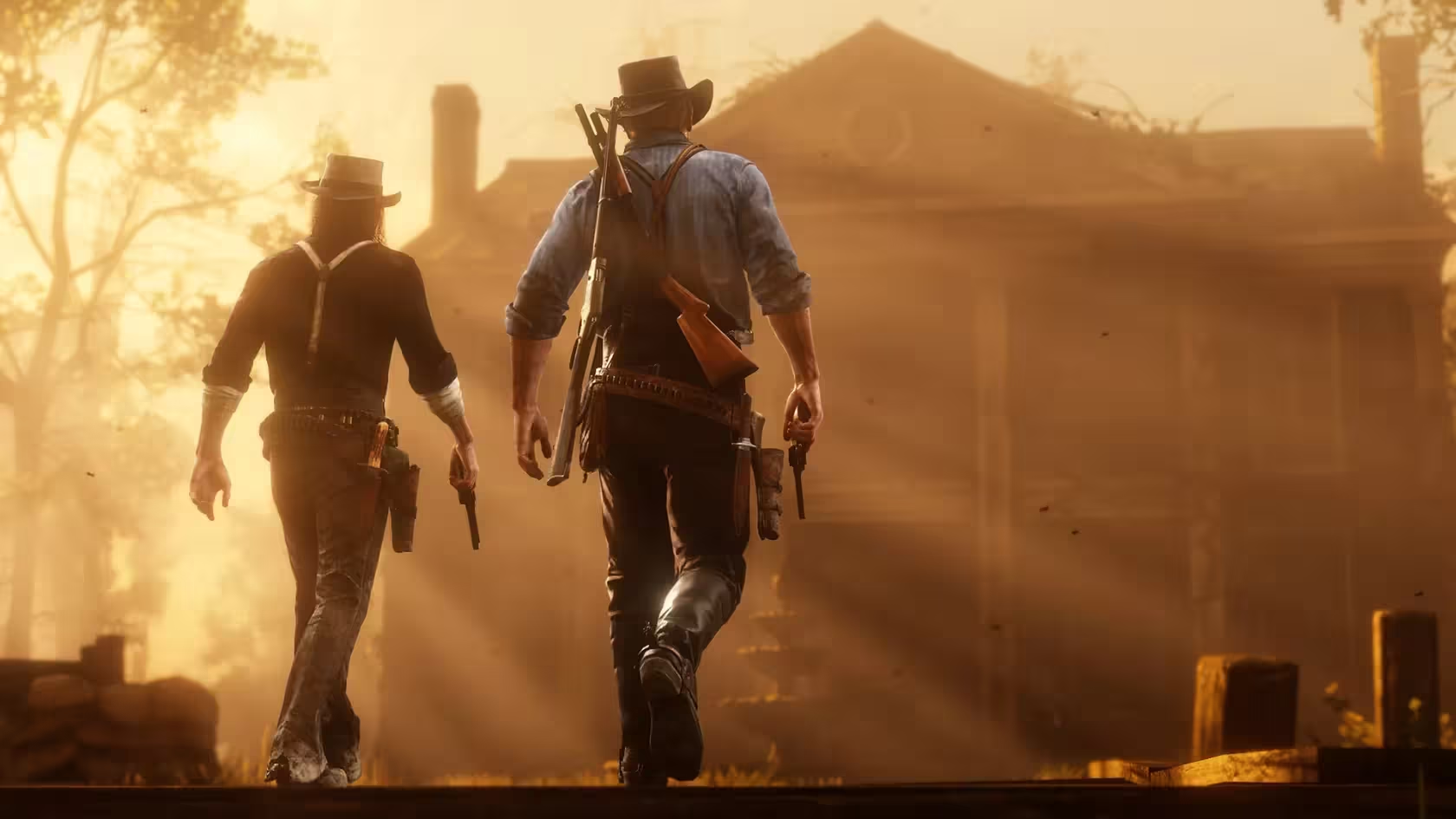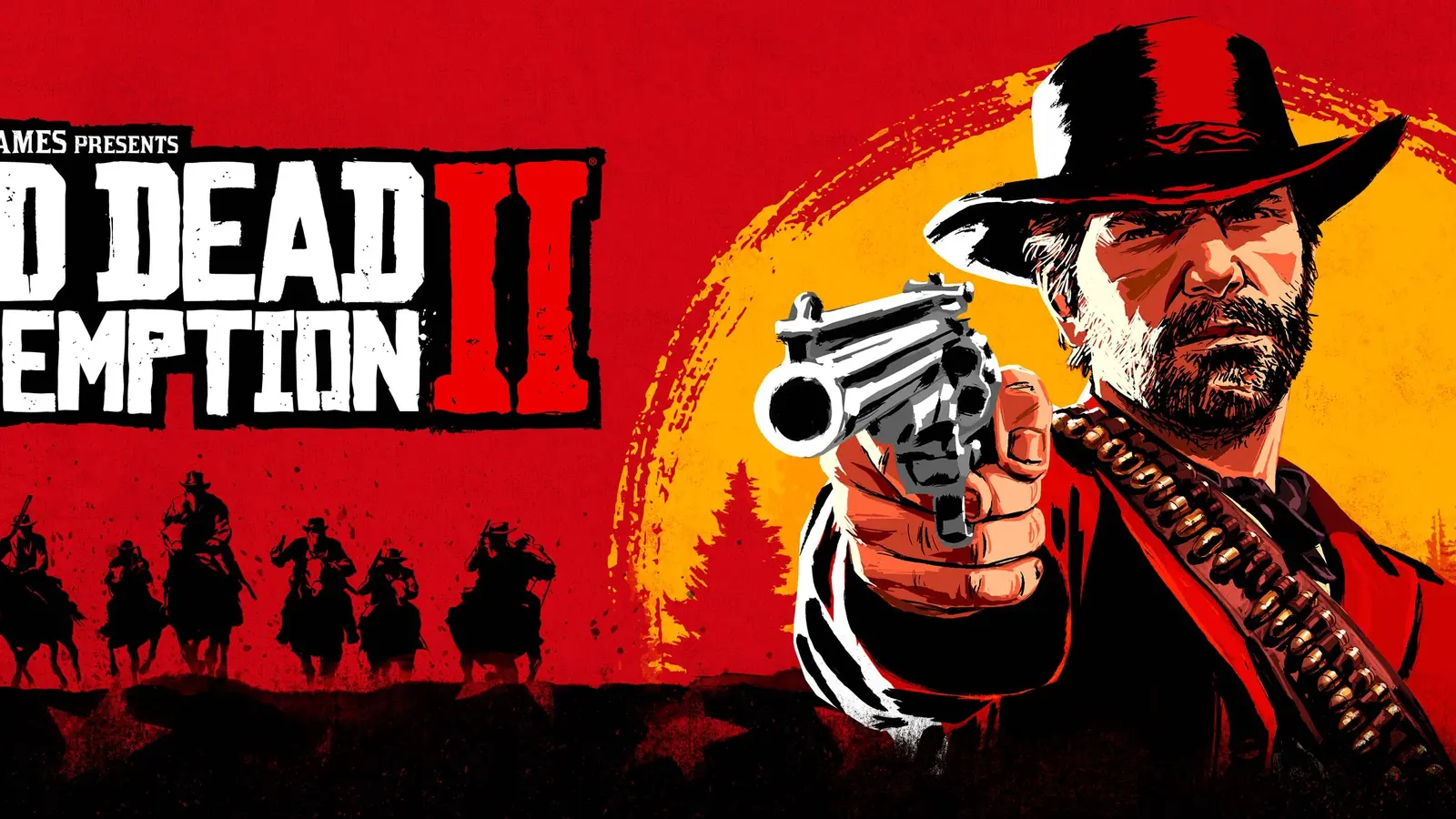3 Minutes
Red Dead Redemption 2 is often hailed as one of Rockstar's masterpieces — a sprawling, emotional journey through the dying days of the Wild West. But according to co‑founder Dan Houser, the game very nearly didn't make it to players.
A project on the ropes: behind the scenes turmoil
In a candid three‑hour interview with Lex Fridman, Dan Houser opened up about the brutal stretch of development that almost sank Red Dead Redemption 2. The team was behind schedule, costs spiraled out of control, and morale dipped so low that even some staff doubted the end result. "We were making a game about a cowboy dying of tuberculosis, while the game itself felt like it was falling apart," Houser recalled. "There was enormous pressure."
What turned things around — a team and a miracle
Despite the chaos, Houser praised the development crew as a near‑mythic group of talent. Their recovery wasn’t luck so much as a combination of technical skill, creative problem solving, and sheer tenacity. He described the final product as "nothing short of a miracle," crediting the team for rescuing the project from the brink.
Key ingredients in the rescue
- Relentless iteration on systems like gunplay and horse mechanics.
- A deep commitment to storytelling and worldbuilding that elevated the project beyond technical hurdles.
- Close collaboration between design, art, and engineering to polish details players still talk about today.

Why Red Dead Redemption 2 still matters
Released in 2018, Red Dead Redemption 2 remains a benchmark for narrative ambition and technical detail in AAA games. Critics and players alike frequently cite its storytelling, immersive world, and meticulous animation — especially the horses — as standout achievements. Even now, the title resurfaces in headlines as fans anticipate a next‑gen update aimed at improving performance and delivering a 60fps mode on modern consoles.
Imagine a moment late in development when everything looked bleak, then a small, determined group of creators pulls off an all‑hands comeback. That tension between near‑failure and eventual triumph is part of why the game's legacy feels earned: it survived turmoil and emerged as a richer, more resonant experience for players worldwide.
For anyone interested in how major games are made, Houser’s reflections are a reminder that big creative projects can be fragile — and that the people behind them often make the difference between collapse and classic.


Leave a Comment